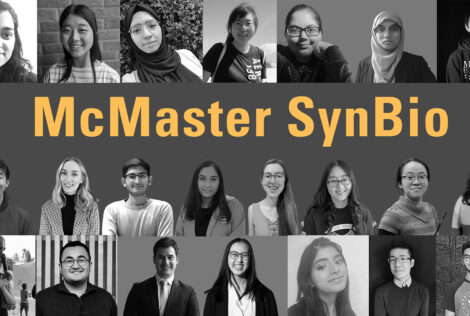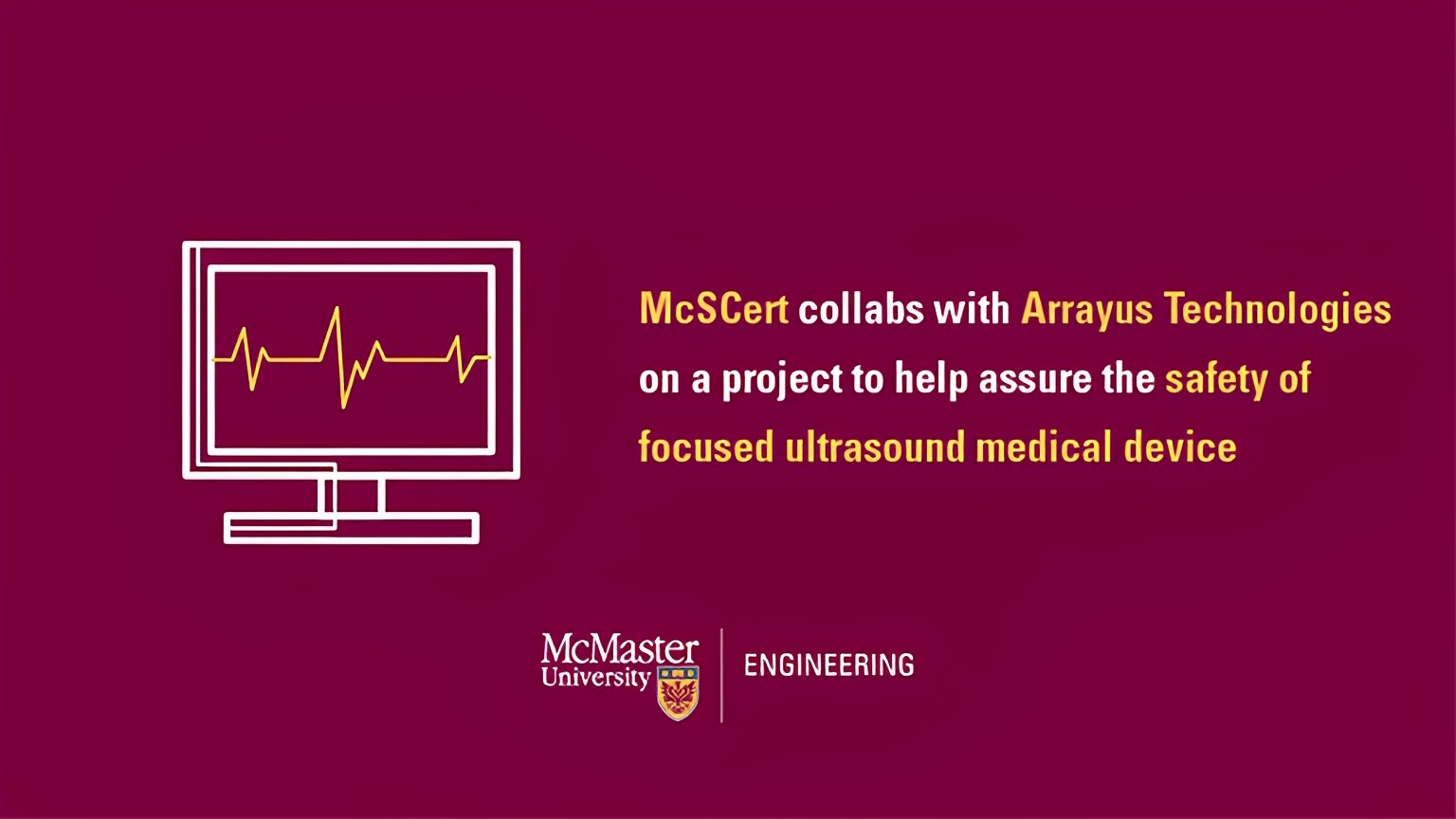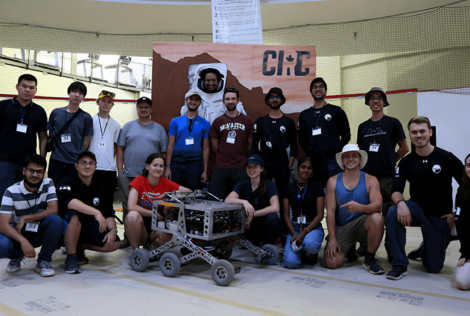

MsSCert collaborates with Arrayus Technologies on a project to help assure the safety of focused ultrasound medical device.
Imagine a version of surgery that could remove diseased tissue without the need for cutting.
That’s the promise of focused ultrasound therapy, a revolutionary, non-invasive way to treat a range of medical conditions by precisely targeting tissue deep in the body.
Burlington-based Arrayus Technologies is developing a novel medical device to bring that therapy to cancer patients. But demonstrating the safety of such a new and complex software-based device is a challenging task, particularly for a small company.
An alliance between the McMaster Centre for Software Certification (McSCert) and Arrayus will bring the device one step closer to market, while also pioneering new software and safety engineering techniques to test the safety of software-intensive medical devices.
Traditional approaches to assuring medical device safety can be both inefficient and inadequate, says Arrayus CEO James O’Reilly. He sees model-based engineering (MBE) as a new route to evaluating hazards in the industry.
That led him to connect with McSCert experts who have developed tools to demonstrate the safety, security and dependability of software systems in safety-critical areas such as the nuclear and automotive industries.
“With the level of complexity of our system, we require new methodologies that effectively capture the entirety of our hazards analysis,” says O’Reilly. “We’ll also benefit from having an independent third-party analysis that gets us away from our own confirmation bias.”
The collaboration offers an exciting opportunity to work with a team building a novel safety-critical system, says Richard Paige, director of McSCert.
“Arrayus needs us to help them understand the best way forward through regulation and safety, but we benefit from working with a really interesting system that will allow our students and researchers to learn more about embedded systems and medical devices.”
“This is a really good synergistic relationship that we’re very happy to have identified.”
The project, which has received funding support from NSERC, will help Arrayus move closer to Health Canada certification and the eventual marketing of its device. But new safety tools also offer significant benefits to Canada’s growing medical device industry, particularly small to medium-sized companies for whom the cost of certification is a tremendous financial burden and risk, says Paige.
The biggest benefit may eventually be to patients, who can suffer devastating consequences when medical device software failures aren’t noted or corrected.
“By improving the techniques used to assure the safety of these devices, McSCert’s expertise will help maintain public confidence in the technologies that offer such tremendous potential benefits to society,” says John Preston, associate dean, research, innovation and external relations with the Faculty of Engineering.


